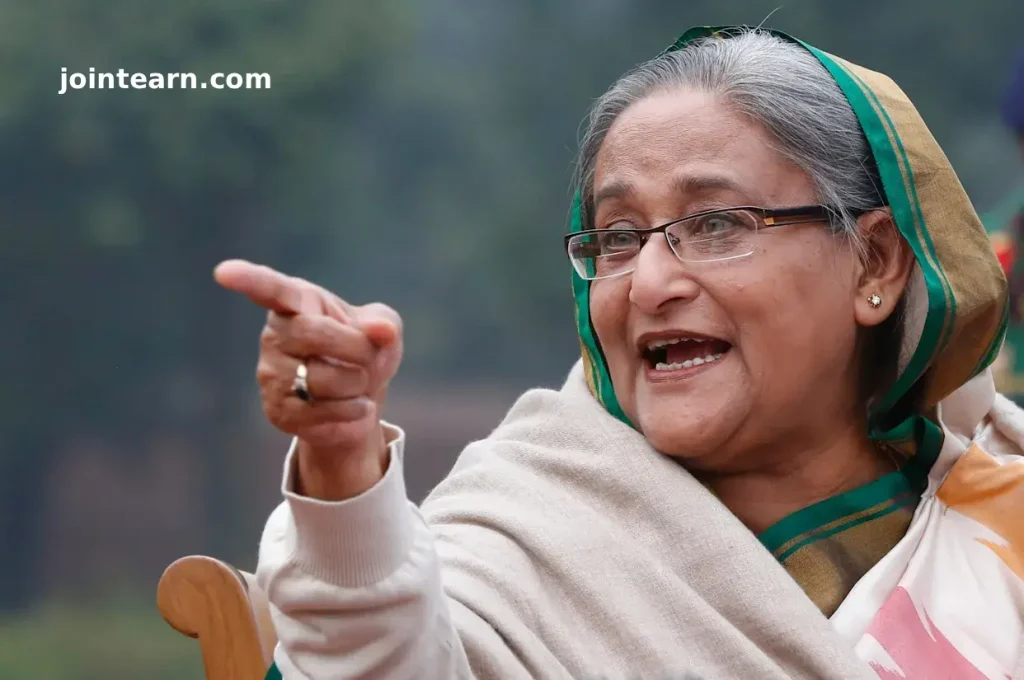
Dhaka, Bangladesh – November 13, 2025 – Bangladesh is experiencing major disruptions in daily life as former Prime Minister Sheikh Hasina and her former ruling Awami League party called for a nationwide “lockdown” to protest her ongoing trial over last year’s deadly student-led uprising. Schools, public transport, and businesses were severely affected Thursday as authorities heightened security across the country.
Background of the Trial and Protests
Hasina, who was ousted from power in August 2024 after 15 years in office, faces charges of crimes against humanity for the violent crackdown on student protests that left hundreds dead. She has been in exile in India since her removal and has not appeared publicly or online.
A special tribunal in Dhaka is expected to announce a verdict against Hasina on Monday, according to Chief Prosecutor Tajul Islam. Hasina’s Awami League party, which has since been banned, called on supporters to protest the trial, while the interim government has vowed to maintain law and order.
Impact on Daily Life
Authorities suspended in-person classes and switched to online learning across major cities, including Dhaka. Public transportation faced severe disruptions, and streets remained unusually empty as businesses and offices curtailed operations.
Reports of political violence emerged in several regions, including Gopalganj district, Hasina’s ancestral home, where a government office was firebombed. A branch of Grameen Bank, founded by Nobel laureate Muhammad Yunus, was torched in eastern Bangladesh, further highlighting the volatile political climate.
Security Measures
The interim government deployed soldiers and security forces to guard the special tribunal, which is also hearing cases involving former Home Minister Asaduzzaman Khan and ex-Police Chief Chowdhury Abdullah Al-Mamun. Al-Mamun, who pleaded guilty and is acting as a state witness, appeared in court Thursday under tight security. Khan is reportedly in India, and both are being tried in absentia along with Hasina.
Explosions of crude bombs, arson attacks on vehicles and public transport, and other disturbances have been reported across Dhaka and other cities over the past few days.
Political Fallout and Election Concerns
The interim government, led by Muhammad Yunus, has pledged parliamentary elections in February 2026. However, the Awami League has mounted a campaign, primarily through social media, warning that elections will be illegitimate if the party is barred from participation. Thousands of Awami League supporters have reportedly been detained across the country.
Chief Prosecutor Tajul Islam has sought the death penalty for Hasina, labeling her the “mastermind and principal architect” of crimes committed during the unrest. Hasina, who has not appointed her own lawyer, has denounced the tribunal as a “kangaroo court.”
United Nations reports suggest up to 1,400 people may have been killed during the unrest, though the interim government cites a lower toll of 800 deaths and 14,000 injuries. Hasina has disputed these figures and called for an independent investigation.
International Reactions
Hasina has recently conducted email interviews with Indian media, which have drawn formal complaints from Bangladesh’s Ministry of Foreign Affairs to Indian officials. In these interviews, she accused the Yunus-led government of violating human and political rights, particularly of supporters of her banned party.
Her son, Sajeeb Wazed, emphasized that only an inclusive and fair election could restore stability to Bangladesh.


Leave a Reply